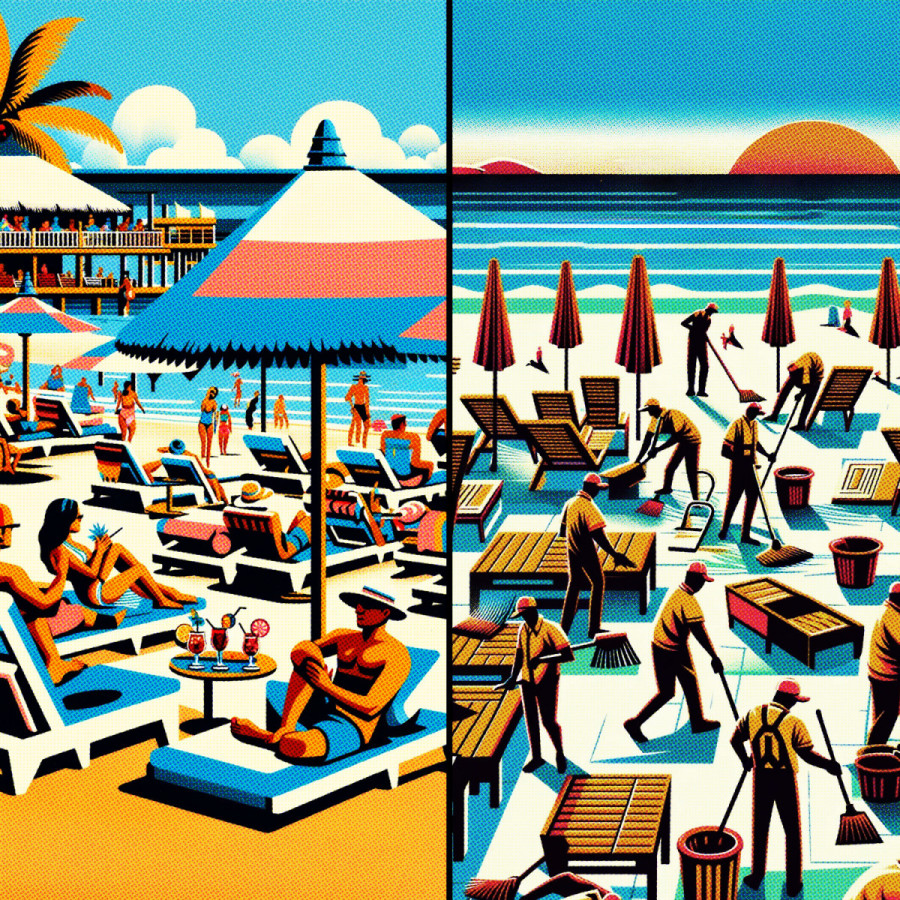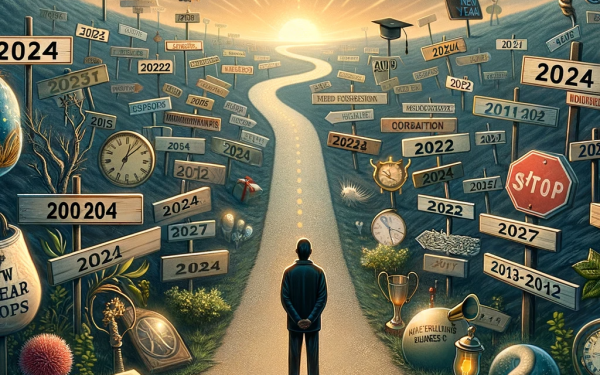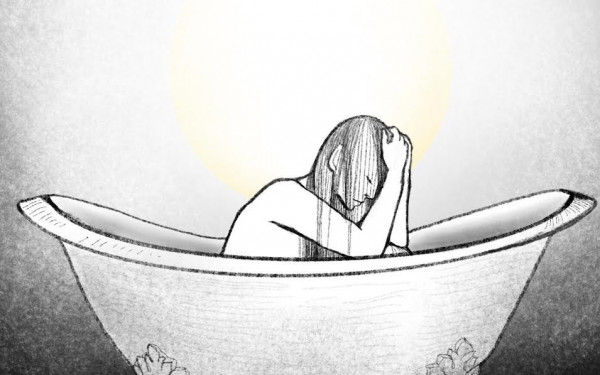Paradise lost
Unveiling the impacts of tropicalization in Latin America
I am happy you want to travel to Latin America, though I hope that while you do so, you cherish and respect our countries and cultures.
When I tell people I'm Colombian they often respond: “Really? I wanna travel to Mexico!” Other typical conversations revolve around drugs, or some sort of fetishization of either my ethnicity or my body. This makes it really hard for me to inform people of their ignorance (and racism) whilst also not contributing to the stereotype of the feisty Latina. I have been fetishized and approached by Western tourists in my own country, even as a minor, and have seen people getting displaced from their homes to make space for hotels.
Let me take you back to before we thought of the Caribbean as paradise on Earth. Toward the end of the 19th century, British colonial administrators, white elites, as well as American and British hoteliers in Jamaica and the Bahamas, initiated campaigns to portray the islands as tropical paradises.
Due to slavery in the West Indies, Indigenous groups and colonizers alike died of fever, malaria and cholera. Colonizers began promoting tourism in the region as a way to remove people’s fear of getting infected on these islands, largely using photographs and decorative language. Many of those involved in tourism used this imagery in an attempt to boost the trade of agricultural products which were mostly locally grown fruits. These images displayed “picturesque natives,” who appeared “civilized” in order to persuade Western tourists to visit their countries.
This staged imagery to promote tourism was and still is exploitative, let alone when it is spearheaded by white colonizers.
Towards the end of the 19th century, an exhibition took place in Jamaica, as another attempt to boost the economy of “the New Jamaica,” with the narrative that colonizers had chosen for the island. The exhibition also aimed to encourage Black Jamaicans to be part of the industry, and when they chose not to attend, a newspaper claimed that they were a dead weight in the development of the colonial project.
“The Tropics” refers to the region between the tropics of Cancer and Capricorn, precisely where the West Indies are located. Tropicalization, a term coined by art historian Krista Thompson, refers to “the complex visual systems through which the islands were imaged for tourist consumption.”
Colonial portrayals of the region, depicting the islands as tropical paradises that promise a slice of heaven on Earth, are designed to attract Western tourists into visiting the Caribbean and promoting local economies managed by Western colonizers. However, the exploitation of Indigenous labour and the extraction of this region’s resources specifically to serve these tourists, fails to be mentioned.
Latin American countries and the West Indies fall victim to advertising their countries in any way possible, through what Nobel Prize winner Derek Walcott describes as “the shame of necessity.” This shame comes from the dependency on tourism to maintain the economy of these states. It is absolutely key to mention that France, Portugal, Spain, the United Kingdom, and other colonial forces, have stolen and exploited the natural resources of Latin America since the 15th century.
To this day, these countries have benefitted from the wealth gained from our natural resources, while we are left only to watch it happen.
The detrimental impacts of tropicalization in Latin America are evident, as exemplified by the Dominican Republic’s implementation of tourism policy during the COVID-19 pandemic.
In an attempt to diminish the pandemic’s economic impact in the Dominican Republic, the Minister of Tourism implemented “The Responsible Tourism Recovery Plan.” This policy allowed for tourism to continue in the Dominican Republic while also promising to also minimize the spread of COVID-19. However, the plan required either a vaccine or a negative test to enter the country, but this didn’t reduce the risk of infection. Policies aimed at bolstering Latin American countries' dependency on Western tourism had a hand in the COVID-19 deaths of at least 1.5 million people in this region by allowing exposure from outside of the country.
The tropicalization of Latin America and the West Indies is fundamentally a contradiction. Latin America is made up of 33 countries, all with unique cultures and customs. Westerners assigning Latinos to stereotypes is dehumanizing and reduces a pluralistic group of people into a monolith. These stereotypes rooted in colonialism are commonly used for comedic and entertainment purposes, but this does not make the comments any less racist.







